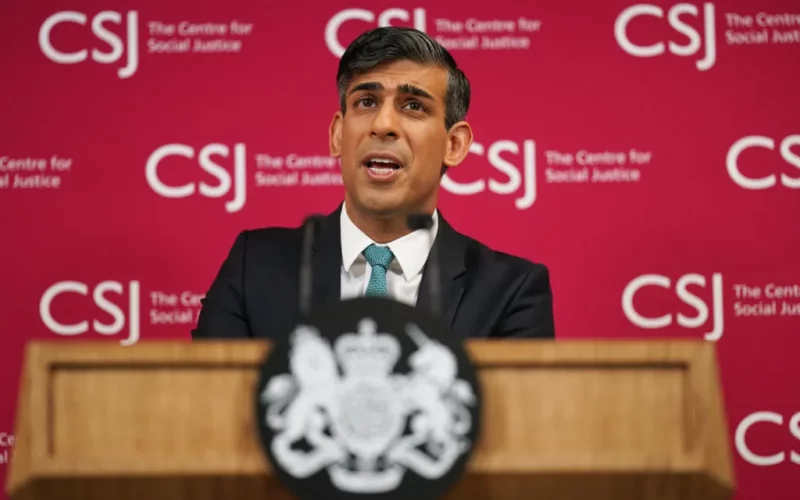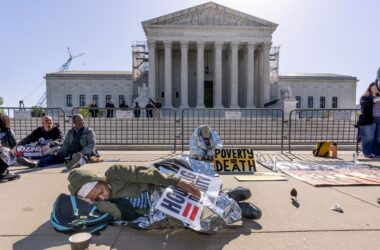The United Kingdom’s Parliament continues to grapple with the contentious Rwanda bill, as Chancellor of the Exchequer Rishi Sunak remains steadfast in his determination to see the policy enacted, even if it entails protracted parliamentary sessions.
The bill, aimed at processing asylum seekers in Rwanda, has been at the center of a protracted standoff between the House of Commons and the House of Lords for the past four months. Despite multiple approvals from the Commons, the Lords have consistently blocked its progression, prompting yet another voting showdown scheduled for later.
Prime Minister Sunak emphasized a firm stance on Friday, asserting an end to further delays, stating, “We will sit there and vote until it’s done.”
The proposed legislation seeks to significantly restrict legal challenges to the government’s plan to relocate asylum seekers to Rwanda and streamline the process of deporting refugees who have entered the UK through unauthorized means. However, the Lords have sought amendments, including exemptions for asylum seekers from Afghanistan who aided British troops and requirements for Rwanda to meet specified safeguards before flights commence.
The deadlock between the two houses has resulted in a back-and-forth, with neither side willing to yield. The bill’s proponents argue that it is essential for fulfilling the government’s commitment to curbing illegal immigration, while critics raise concerns about human rights implications and the integrity of the judiciary.
The bill, termed “emergency legislation” by Sunak, is viewed as instrumental in realizing the government’s pledge to “stop the boats” by deterring illegal crossings of the English Channel. It grants ministers powers to bypass certain human rights laws, a move contentious among opponents.
Despite its significance, the Rwanda scheme, initially proposed in April 2022 under former Prime Minister Boris Johnson, has faced legal challenges and setbacks, including a unanimous ruling by the UK Supreme Court deeming it unlawful in November 2023.
In response to the Supreme Court ruling, the government introduced the Safety of Rwanda bill to solidify Rwanda’s status as a safe country under UK law. However, its passage remains uncertain amid ongoing parliamentary discord.
As the tug-of-war between the House of Lords and the Commons persists, Sunak’s declaration underscores the government’s determination to see the bill through, setting the stage for continued parliamentary contention until a resolution is reached.








